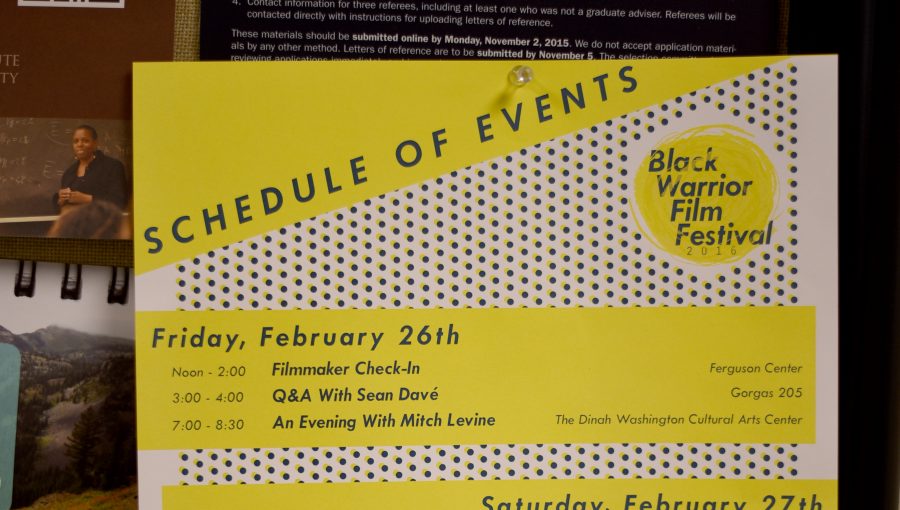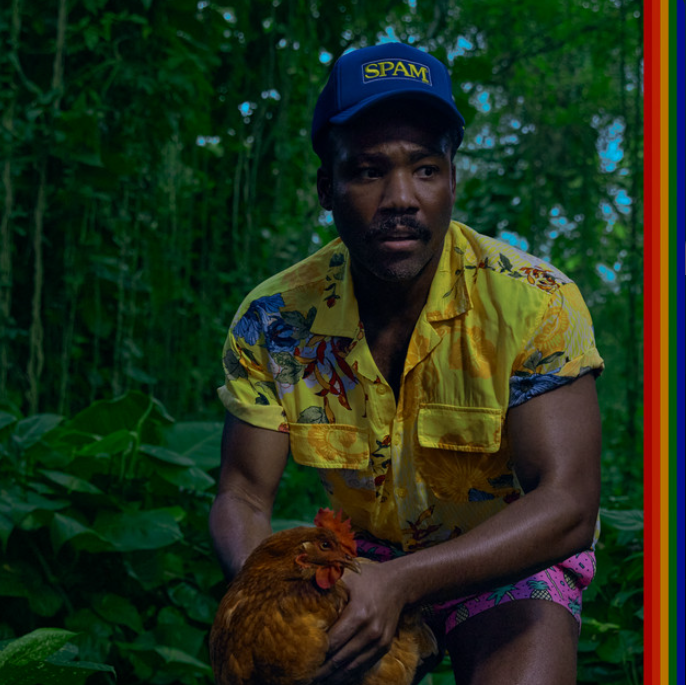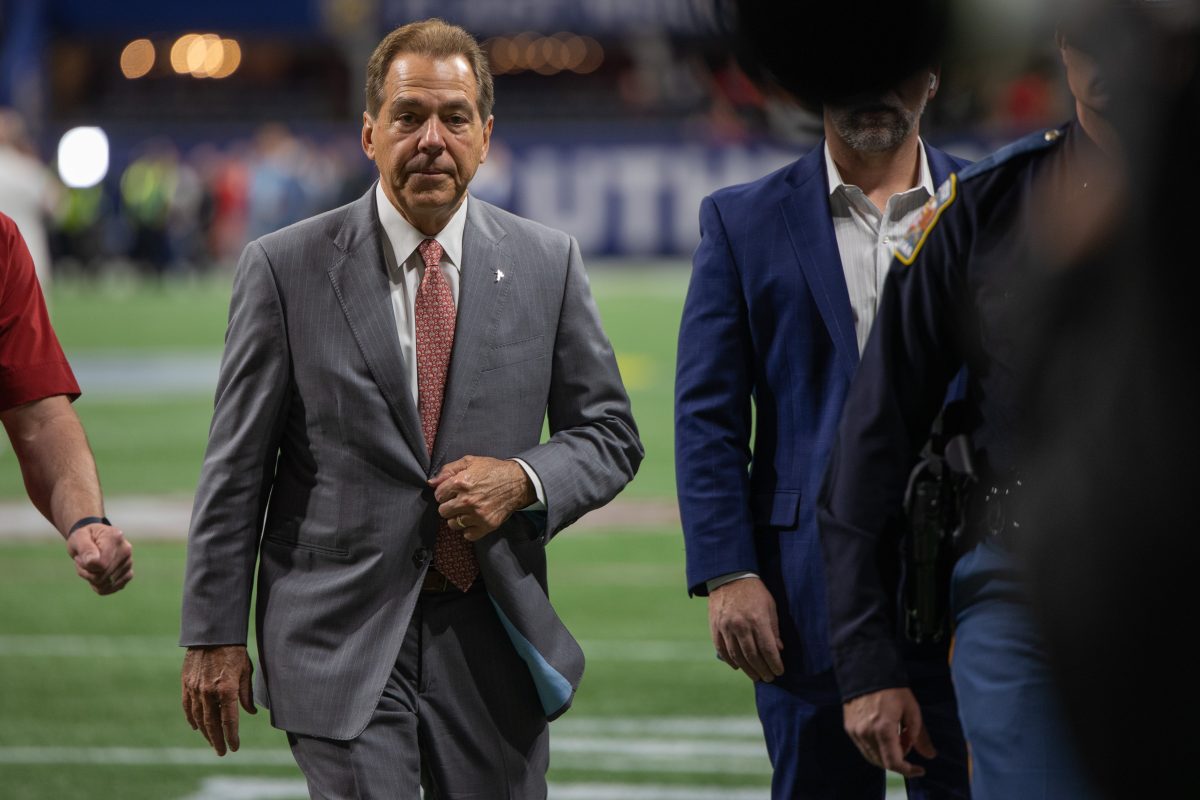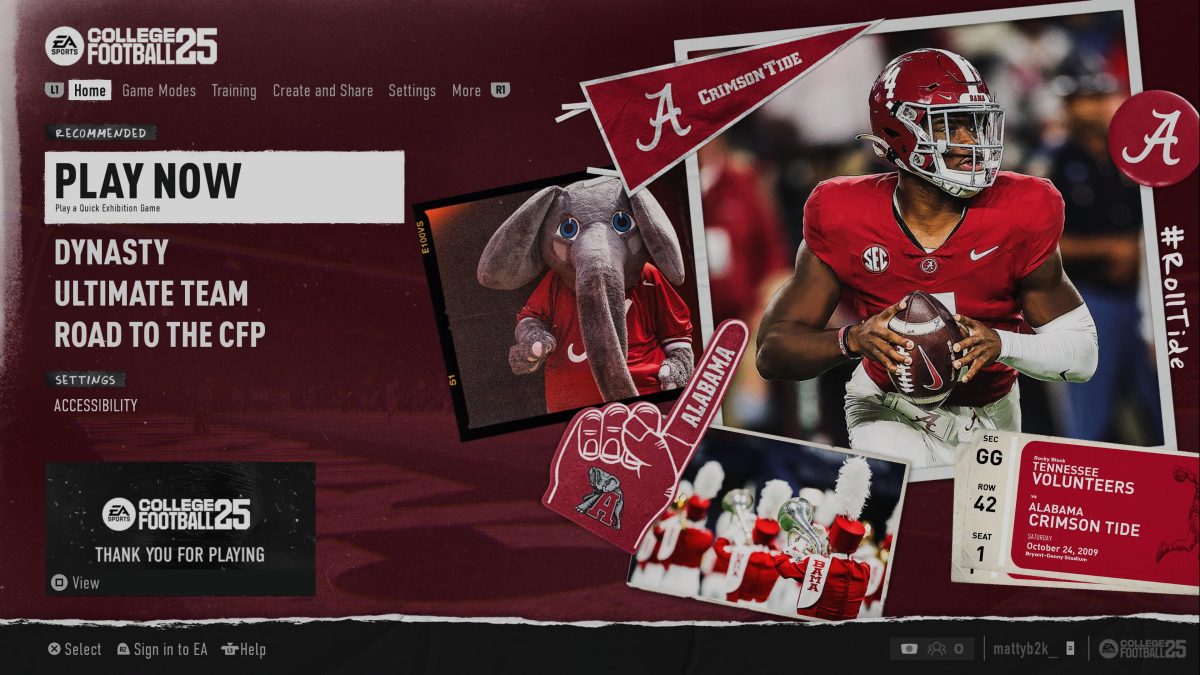“Along with just showing student films … so that students have a place to showcase their work and get seen by their peers as well as industry professionals, we really try to bring those professionals into our festival,” said Assistant Director Becca Murdoch, a sophomore majoring in TCF. “They can come in and talk to the students and give them real life professional advice that will help them transition from making films at a school or university to making films in the real world.”
The festival, which emphasizes education, was started by students themselves.
“A few years ago … a few students from Creative Campus went to Sundance Film Festival and thought ‘why couldn’t we have this on campus?’ ” Murdoch said. “They really wanted students on campus – particularly film students – to have the opportunities that they got to have by going to the festival.”
Although only open to UA students when it began, the festival has since been expanded to where any student across the country can enter. Students from several different universities have films showing this year.
“We also want to promote film culture at UA and in Tuscaloosa to show that there is an active and thriving film and arts culture here,” Murdoch said. “Involving community members and students who aren’t filmmakers to come to this festival and see what their peers are doing and that film is important and that it’s a vital part of a lot of students’ time here.”
Ultimately, Murdoch said she is most proud of the work that goes into the festival and the great potential it has.
“I think what makes Black Warrior Film Festival so special and different is that this is a student centered film festival,” Murdoch said. “We’re run by eight directors who are students …we’re all about students. Also that we’re completely independent … we’re pretty much in control of what we want to do and our vision and mission for the festival. I think how far we’re expanding and our goals for the future is that we’re really hoping to engage the community on a nationwide scale. We’re growing every year.”
Lauren Musgrove is a senior at the University majoring in TCF. Her film, “On the Horizon,” documents solar energy usage in Alabama and the obstacles hindering it.
How did you get into filmmaking?
I got into filmmaking through being a stage actress for community theater growing up. My dad had a camera so my friends and I began recording scenes of our own, and I took my first film class in high school, Acting for the Camera. I found out I enjoyed being behind the camera as much as being in front of it, which led me to major in it in college and here I am.
What is your favorite part about making films?
My favorite part about making films is the collaboration of so many different artistic
and logistical elements that all together create something new, bigger and amazing.
What purposes do you think film can serve outside of entertainment?
I think films can be educational, inspiring, empowering and spark societal and global conversations in small and large communities, groups and families that ultimately shape a large portion of our culture and our world. Just like any art, film can spark new ideas, thoughts and desires within people, encouraging them to take action in their own life.
Do you hope to continue making films in the future?
I hope to continue making films for the rest of my life. I haven’t found anything else quite like it. The experience of making and watching movies is unparalleled and challenges me artistically as well as intellectually.
What subjects do you usually focus on?
I usually focus on an environmental topic or some visual/audial representation of an inner emotion someone is going through. I think these kinds of films express ideas, experiences and voices that cannot be done the same any other way.
How did you get the idea for your film?
I created this film as part of a fellowship called Southern Exposure with the Southern Environmental Law Center, and they provided me with the topic of solar power in Alabama. The major areas of focus in the film came to be through various conversations and interviews with the subjects in my film.
What do you think about the Black Warrior Film Festival?
I am very excited that the Black Warrior Film Festival exists, and I cannot wait to see where it goes from here. The University is where young people from different backgrounds come together to form a lot of the structures, ideas, and art that will be seen in the next generation. I think having a film festival is a fantastic platform in the university atmosphere to share ideas, spark discussions, inspire others and especially recognize the amazing work these uninhibited students are creating, that a lot of people normally don’t get to see.
Livia Ohihoin is a sophomore at Florida State University majoring in film. Her film, “Because the Ceiling Split My Head in Two,” documents a girl’s struggles over an impending cancer surgery and her interaction with her friends.
How did you get into filmmaking?
I guess me getting into films was just me being selfish because I’ve had a lot of various interests that I never really wanted to give up, so I kind of had to find an art form that sort of incorporated all of them in some sort of way or another.
What is your favorite part about making films?
I think my favorite part is the beginning stages of thinking of the idea and just starting that whole process – finding your crew, finding our actors. Just starting, the limitations are endless … when you’re already shooting we kind of get stuck in the idea of it rather than just letting it become what it needs to become or what it’s becoming. I feel like in the beginning we’re more open to all of the possibilities and shapes and forms and colors the movie can take on.
Can you tell me about your film and the process you used to make it?
Because of film school stipulations, I knew it was going to be four minutes … this is actually a true story that happened to me almost a year ago, sort of just a way for me to process a big event I my life. The characters, Rena’s friends in the film, are friends of mine that are also in the film program with me together … maybe manifest our friendship our bond that we developed during that time.
What do you think the purpose of movies is besides entertainment?
Movies have a lot of purpose, definitely entertainment but also expression of one’s self being of the filmmaker’s but also perception, I think, because filmmakers rarely make movies just for themselves, even if that’s their priority. Filmmakers are always making movies with the knowledge that they’re going to be viewed so I feel like a lot of perception goes into it – what the audience is going to be, who’s going to watch this movie, what are they going to take away from it, how are they going to feel afterward. Movies serve as a way of connection and a way of communication between filmmakers and audience.
Can you go through your creative process for making a movie?
It depends on the project, but it always starts from inspiration. Oftentimes that’s music. Maybe I hear a song and that leads me to see something and that something’s usually very specific, maybe that’s just one shot that’s already in my head. The rest of my process is finding an image that that fits into. I have very particular, inspired small vision like it might be that I see something, feel something, hear something, and I build the project around that.
Is it hard to portray emotion like you did in your film?
My main struggle especially in the beginning was to portray not just emotion but emotion that has happened in real life. This being a true story, I was concerned with portraying my friends authentically and knowing that my perception of them is going to be different than their perception of themselves of other people’s perception of them. So knowing how biased and subjective this film was going to be always made me concerned, but that’s just filmmaking. There’s no way to portray something objectively.
Calvin Ross is a sophomore majoring in computer science at Troy University. His film, which he made with his twin brother Kevin, is a short martial arts action scene called “The Executioner”.
How did you get into filmmaking?
I got started with my brother. Our dad bought us a camera the summer before we started going to UA and we started experimenting with it, playing with it, seeing how it was, and we just enjoyed the process of making videos and that’s what we wanted to pursue.
How did you get the idea for your film?
The idea came from the guy who is playing the executioner. His name is Jason Croom. He’s actually teaching my brother and I Filipino martial arts. We’d been training with him for a few months and he came up to us and said, ‘Hey I have this fight choreography I want you guys to shoot, if you can do that for me.’ We said, ‘Yeah sure, and put a little story on it.’
What is your favorite part about making films?
I think my favorite part is in the editing room seeing all the shots put together into one piece and seeing how all the hard work on the days of shooting coming together … become created and finalized.
Do you hope to continue making films in the future?
Since we’re twins, that can work to our advantage as we go on to acting, and we’ve been doing martial arts since we were five years old so that gives us a leg up on some people. It’s a different talent that hasn’t really been seen with twin brothers doing it … Our main goal is to have a production company that makes feature films, documentaries, just any type of media.
Why are you interested in action?
We like action because we’ve been doing martial arts since we were five years old. The first movie we saw was Bruce Lee’s “Enter the Dragon” and that’s what really sparked our interest in martial arts. Naturally, that led us into filmmaking and the action genre.







